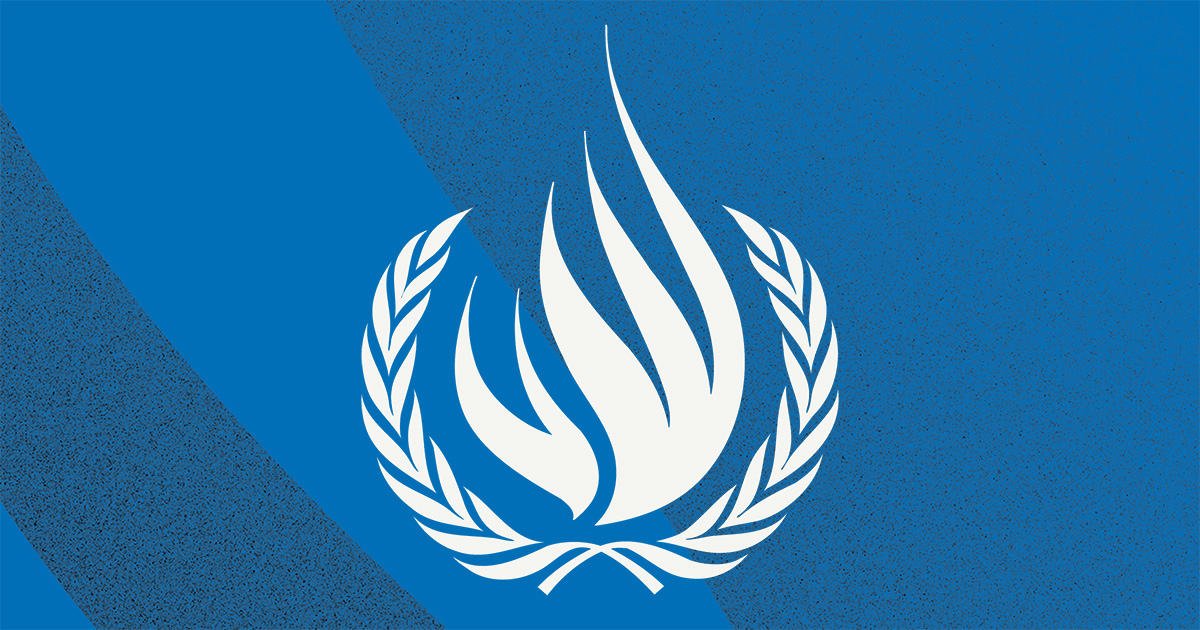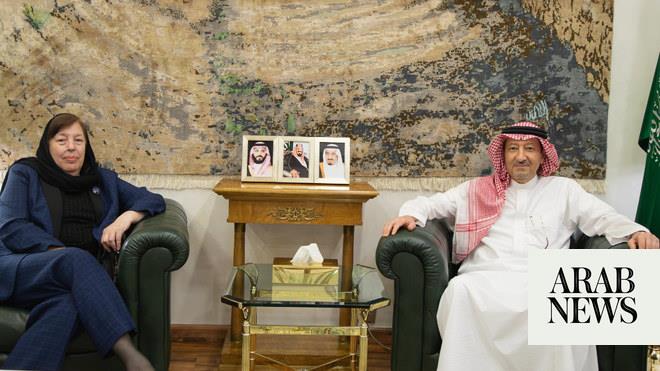
NEW YORK – The Special Rapporteur on Torture, Alice Edwards, has urged States worldwide to fundamentally rethink their approach to addressing sexual violence in wartime and other security crises. In her report to the UN General Assembly, the expert argued that the legal framework for torture and other cruelty offers substantial advantages over current approaches to combatting sexual violence, particularly for victims and survivors.
“Conflict-related sexual violence is an insidious crime that in times of war is being perpetrated relentlessly,” Edwards said. “Most cases can be categorised as torture, as they involve severe pain or suffering. The legal prohibition against torture is binding on all States and provides critical protections that are absent from sexual violence frameworks.”
Torture is unequivocally prohibited under international law and neither superior orders, nor any form of amnesty can justify it. Edwards highlighted that there are no time limits on prosecutions or rehabilitation for torture survivors and reinforced the need for accountability. “Victims and witnesses deserve clear protections, and perpetrators must face the harshest penalties,” she said.
The expert noted that while the Women, Peace, and Security agenda and related Security Council Resolutions acknowledge the centrality of women’s participation in peace processes, rebuilding and security they often exclude other victims of wartime sexual offences.
“Sexual torture can affect anyone – women and girls, men and boys, LGBTQI+ individuals, civilians and soldiers,” the expert explained. “The torture framework is inclusive, applying to all who experience this form of severe pain or suffering.”
The report addressed complexities of consent for sexual crimes, noting that consent is not a factor in the definition of torture. It examined stigma surrounding victims of sexual violence, and the potency of the torture framework to remove this.
“There is no shame in being a victim of torture,” the UN expert said. “By framing sexual violence as torture, we can shift the narrative from the victims to the perpetrators. This shift is vital to reduce stigma and to empower political, religious and community leaders to advocate for survivors.”
The Special Rapporteur also emphasised the importance of best practices in evidence-gathering and investigations, as well as the need for well-funded and accessible rehabilitation programmes.
In her speech to the General Assembly, the expert called on all States to adopt a comprehensive approach to eradicate sexual violence in war by leveraging the robust legal framework surrounding torture. “States have obligations to protect everyone in their territories or under their control against such violence and to prosecute perpetrators,” she said.
Dr. Alice Jill Edwards is the Special Rapporteur on Torture and other Cruel, Inhuman or Degrading Treatment or Punishment
Special Rapporteurs are part of what is known as the Special Procedures of the Human Rights Council. Special Procedures, the largest body of independent experts in the UN Human Rights system, is the general name of the Council’s independent fact-finding and monitoring mechanisms that address either specific country situations or thematic issues in all parts of the world. Special Procedures experts work on a voluntary basis; they are not UN staff and do not receive a salary for their work. They are independent of any government or organisation and serve in their individual capacity.
For more information and media requests, please contact hrc-sr-torture@un.org
For media enquiries regarding other UN independent experts, please contact Dharisha Indraguptha (dharisha.indraguptha@un.org) or John Newland (john.newland@un.org)
Follow news related to the UN"s independent human rights experts on X: @UN_SPExperts








